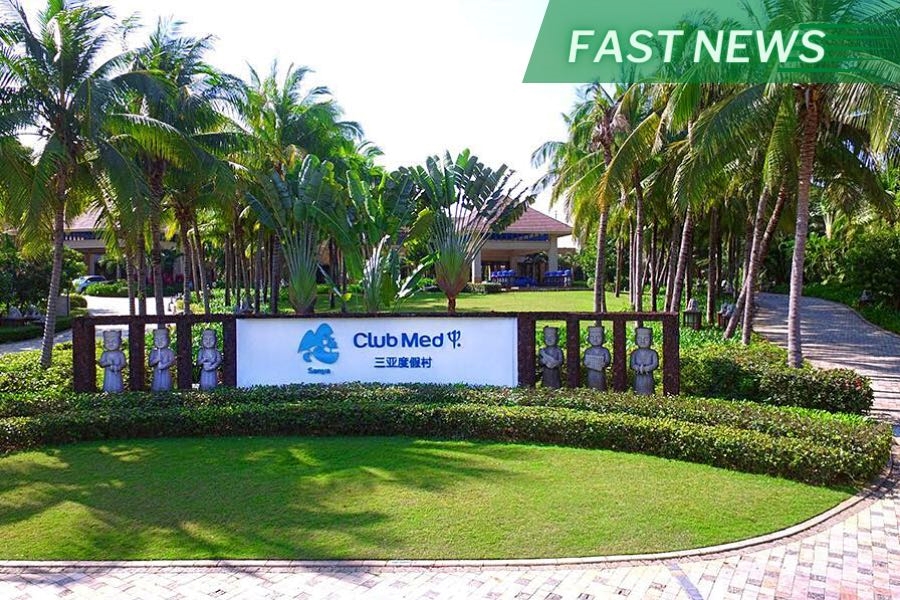FAST NEWS: Business Surges at Fosun Tourism’s Core Mega-Resort

The latest: Resort operator Fosun Tourism Group (1992.HK) announced Wednesday that its core mega-resort, Atlantis Sanya, posted 159 million yuan ($23.4 million) in business volume during the 16-day period around this year’s Lunar New Year holiday, up 4.5% from the same period last year and 6.1% higher than the pre-Covid holiday period in 2019.
Looking up: The resort received 474,000 visitors during the period, up 4.4% over the same period in 2019, reflecting the full recovery of its business after China abandoned its restrictive “zero Covid” policy in December. Its room occupancy rate reached 98.6% for the period, reflecting very high demand.
Take Note: China’s tourism typically slows after the Lunar New Year holiday, which will pressure the resort’s occupancy and revenue.
Digging Deeper: Global tourism took a big hit after the start of the Covid-19 pandemic in early 2020, with Fosun Tourism recording a huge loss of over 5 billion yuan in 2020 and 2021. Despite the challenges of new Covid strains, the company’s international travel business showed signs of recovery last year as countries gradually reopened their borders. Turnover for its resorts, tourism destination operations and travel and leisure services more than doubled in the first three quarters of last year. Within that, turnover for its core Club Med resort chain jumped 146% to 9.14 billion yuan, and has now recovered to approximately 96% of its pre-pandemic level in the same period of 2019.
Market Reaction: Shares of Fosun Tourism rose on Thursday and closed up 1.8% at HK$11.26 by the midday break. The stock now trades in the middle of its 52-week range.
Translation by Jony Ho
To subscribe to Bamboo Works free weekly newsletter, click here





